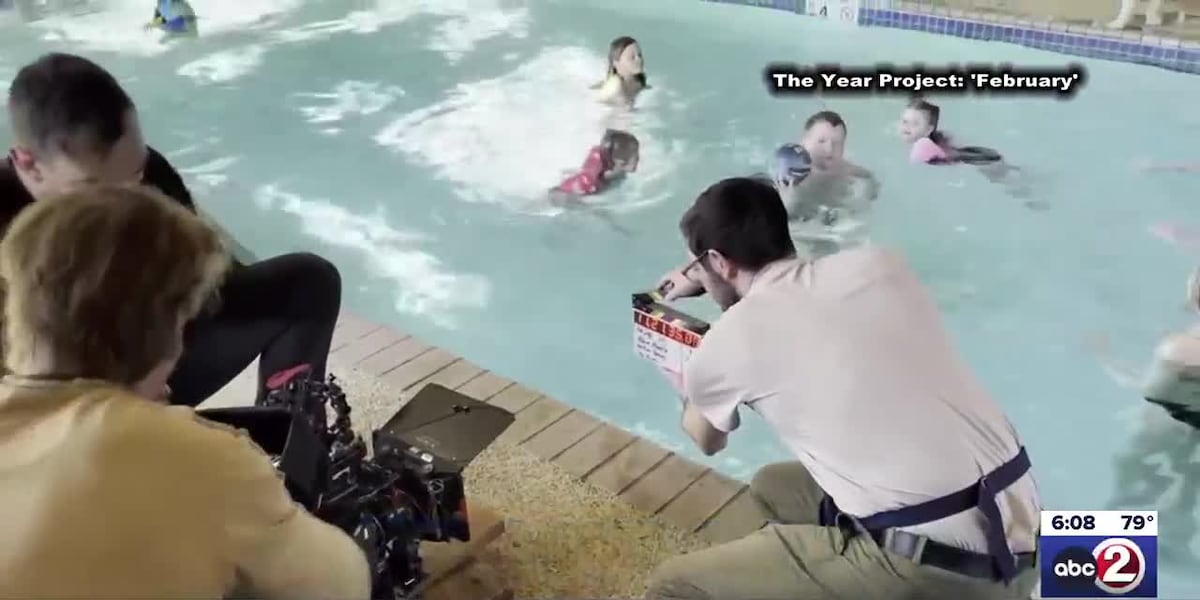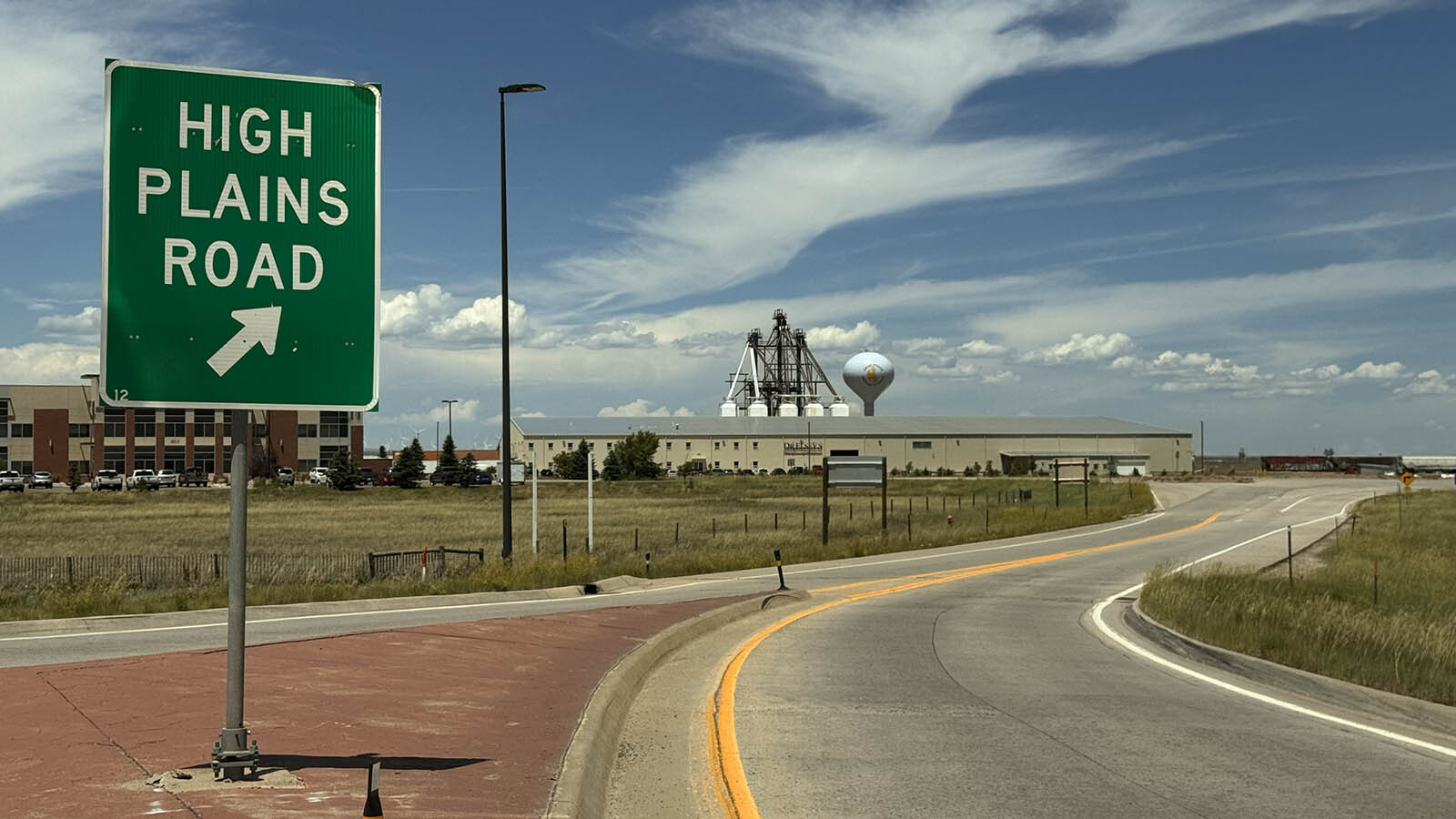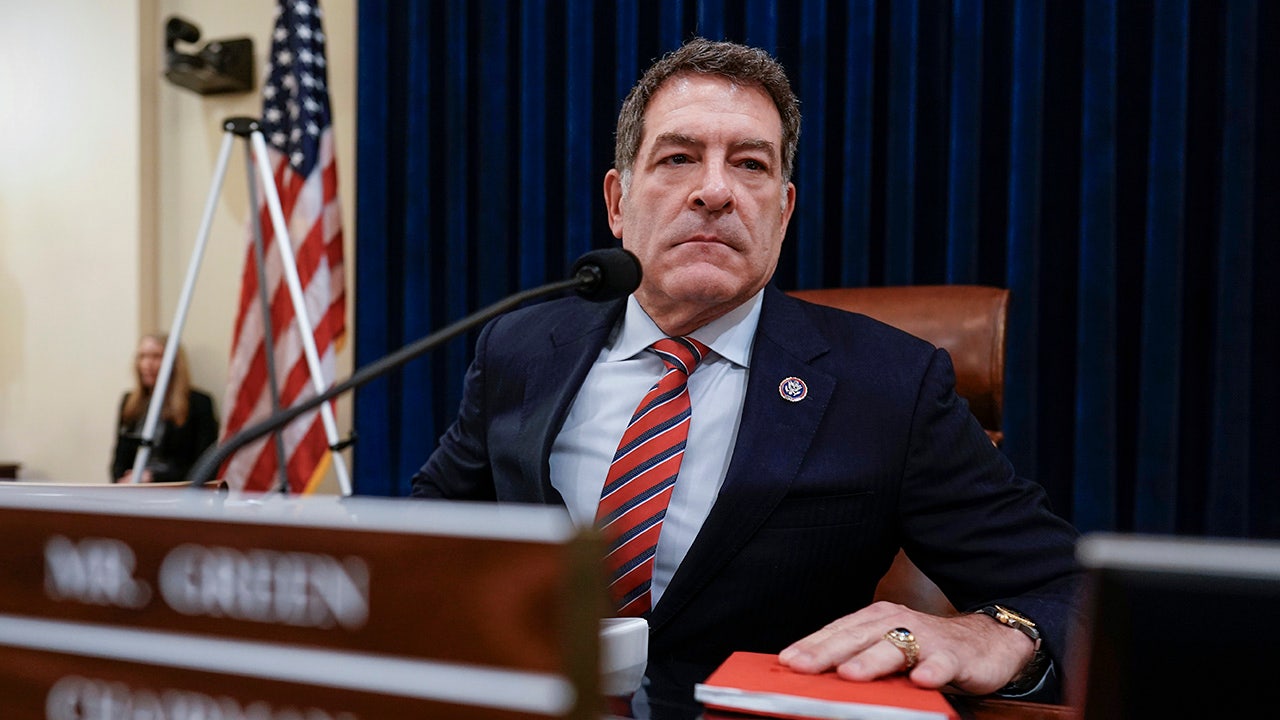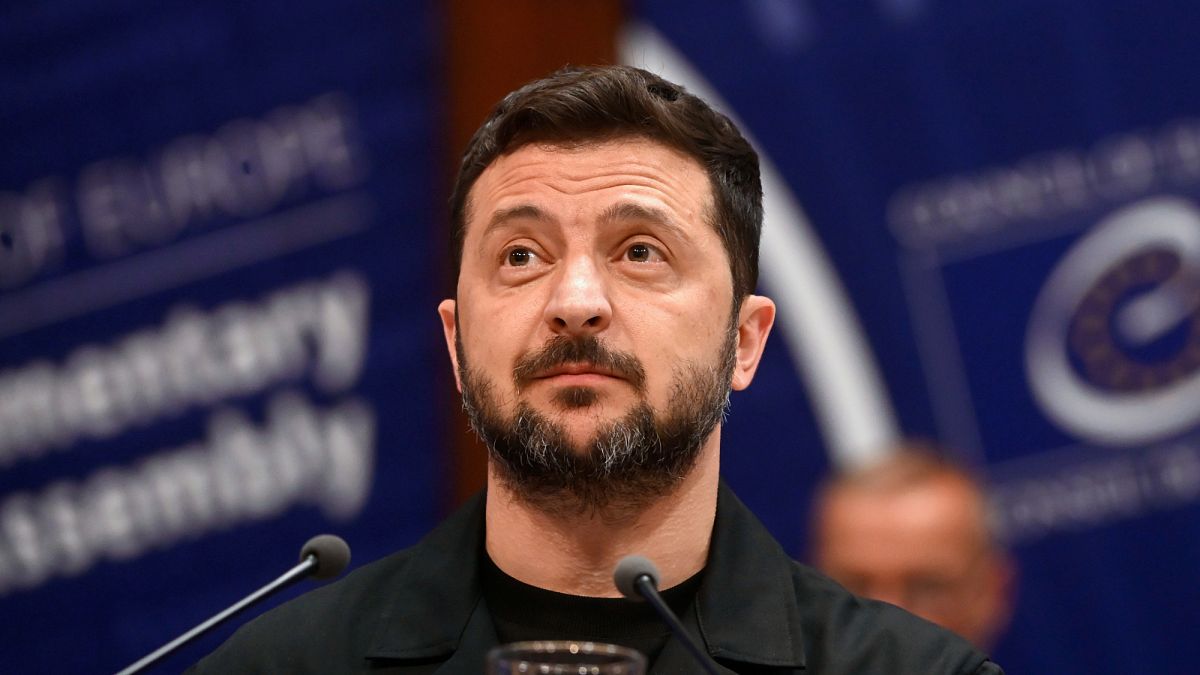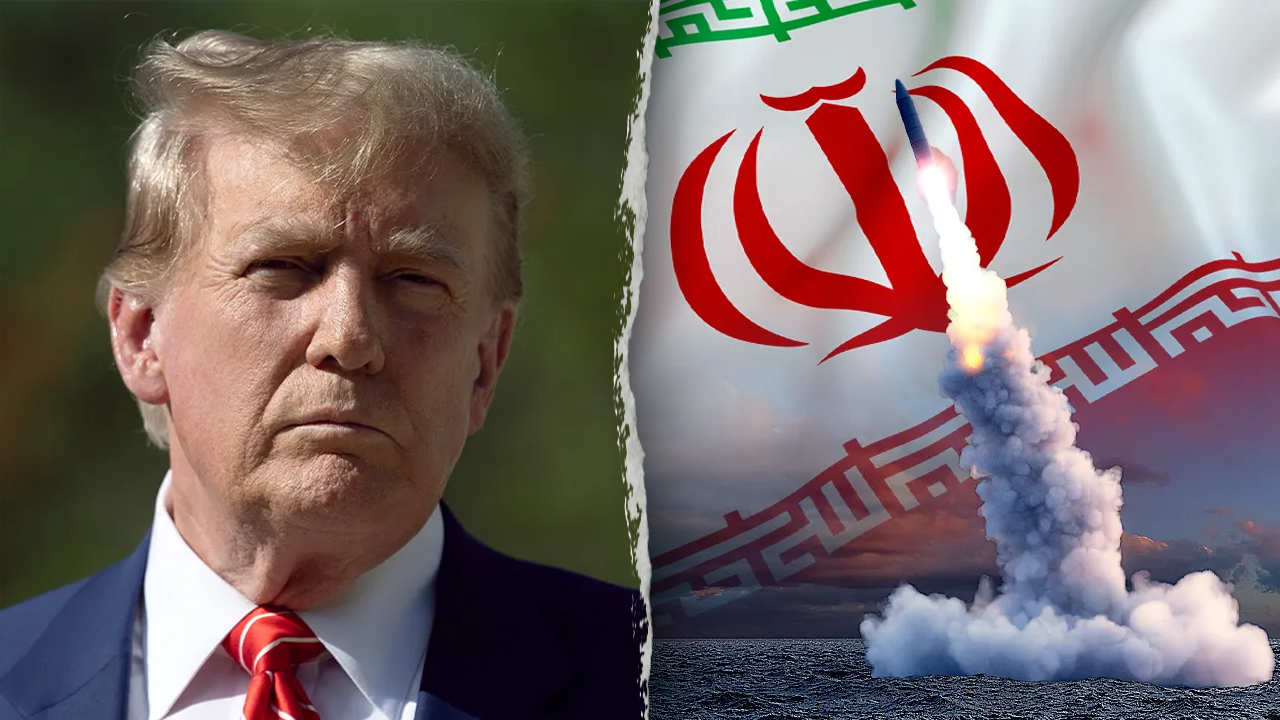Culture
To Have and to Hold, Even if You Turn Into a Literal Shark

SHARK HEART: A Love Story, by Emily Habeck
In Emily Habeck’s beguiling first novel, Lewis and Wren have been married for only a few weeks when Lewis is diagnosed with a Carcharodon carcharias mutation. That explains his nose turning to nothing but cartilage, his intense thirst and appetite, and all those loose molars. By the end of the year, Lewis will transform into a great white shark. When he tells Wren the bad news, she quips, “They say the first year of marriage is the hardest.” The joke has a hard kernel of grief at its center — because, of course, “there would not be another year to measure against this first one.”
This isn’t only a whimsical concept, though it’s that too. “Shark Heart” succeeds because it doesn’t function solely on the level of metaphor. In the world of the book, human-to-animal mutations are a lamentable but very real fate, like metastatic cancer or mental illness. The process is described with such specificity and physicality that the fantastical becomes, if not mundane, then at least believable. An acquaintance at the gym swimming pool is pregnant with peregrine falcons; another woman’s brother is becoming a zebra. Wren herself is no stranger to the brutality and loss of such mutations; they’re a defining fact of her upbringing, though Habeck withholds this past from the reader for as long as possible.
Over the course of six months, Lewis’s limbs turn to fins in an agonizing process of bone agglutination. His eyes stop closing. To Wren, who buys a fish counter’s entire inventory to keep up with Lewis’s appetite, they come to resemble “a black marble resting atop each temple.” By the time she drives from their home in Texas to let her lover swim into the Pacific, the loss feels as vivid and painful as any marital tragedy. Habeck’s setup allows her to grapple with big questions: What is the self, anyway? And how do we process enormous loss? When I read this line, I sighed in recognition: “The main ingredient in transformation was not magic. It was pain.”
“Shark Heart” is much shaggier than its easy-to-imagine elevator pitch: Husband becomes a shark and breaks his wife’s heart. The story is told neither chronologically nor in a straightforward manner. The beginning zigzags from the couple’s newlywed days to their early courtship to Wren’s childhood to her college years and back again. Traditional scenes are interspersed with fragments of conversation written as play dialogue and stage directions; it’s all fittingly chimerical. Many of the novel’s 400-plus pages contain only a sentence or two, an approach that imbues the smallest interactions and moments with poetic weight.
The novel is most striking when Lewis knifes through the ocean as a shark. “Exiled from the plane of conversation and things and doing and going and seeking and becoming,” Habeck writes, “Lewis simply existed.” In a world where human behavior is responsible for the extinctions of so many other species, the idea of an animal perspective blotting out human consciousness is at once absurd and deeply startling.
The weakest aspects of “Shark Heart” are Wren and Lewis themselves. For much of the book, they feel as flat as rom-com log lines: Lewis cast as the romantic, a manic pixie dream boy, with Wren as the strait-laced realist, guarding her heart. We’re told that they’re meant to be together, but Habeck doesn’t show their connection — which makes it more difficult to believe the book’s otherworldly premise. The elided trauma of Wren’s youth would better inform her point of view and characterize the marriage better; the withholding felt more like trickery than plot twist. And some of the language strains. Wren at 18 “smelled like the wind,” for instance. (What does wind smell like?) I also struggled with this phrase: “Lewis tattooed her with beautiful poetry in a place she would never see but somehow read every second.”
In the end, I forgive this debut its flaws because it’s surprising and pleasurably uncategorizable. “Shark Heart” is wild, in every sense of the word.
Edan Lepucki is the author of “California” and “Time’s Mouth.”
SHARK HEART: A Love Story | By Emily Habeck | 416 pp. | Marysue Rucci Books | $28

Culture
16 Mayors on What It’s Like to Run a U.S. City Now Under Trump

It is no ordinary time to lead a city. Budgets are in flux. Divisions are deepening. Political violence and misinformation are growing concerns. And as President Trump aggressively pursues his agenda, national politics are becoming an inescapable reality in city halls.
The New York Times sat down last month with 16 mayors at a meeting of the U.S. Conference of Mayors in Tampa, Fla. We asked them many of the same questions. Their answers revealed deep, bipartisan uncertainty over federal funding and concerns about rising incivility. Mayors of some of the nation’s largest cities, including New York and Los Angeles, did not attend.
Some Republican mayors spoke hopefully about this new Trump era. Many others, especially Democrats, who hold the majority of big-city mayoral jobs, voiced alarm about how the administration’s policies were playing out.
Here’s what we heard.
Across party lines, this one issue was a persistent concern.
Americans have been telling their mayors that they are worried about everyday costs and struggling to afford a place to live.
With home prices rising and supply limited, several mayors said they were trying to build more units and meet demand. It was a challenge playing out in nearly every city, with young professionals struggling to buy their first houses and growing homeless populations straining city services.
Mayors told us what else was keeping them up at night.
They described spending significant time outside the office worrying about local and national problems. As the mayor of Noblesville, Ind., put it: “My job is not nine to five. I’m mayor regardless of where I am.”
Some described the fear of receiving a phone call with news of another shooting. Others spoke about wanting to fix endemic issues like homelessness and drug addiction.
Governing a city feels different under President Trump, most mayors said.
Mayor Chris Jensen (R)
Noblesville, Ind.
Mayor Donna Deegan (D)
Jacksonville, Fla.
Mayor Jerry Dyer (R)
Fresno, Calif.
Mayor Regina Romero (D)
Tucson, Ariz.
Mayor Kathy Sheehan (D)
Albany, N.Y.
Mayor Alyia Gaskins (D)
Alexandria, Va.
Mayor Mattie Parker (R)
Fort Worth
With the Trump administration seeking to rapidly overhaul parts of the federal government, mayors from both parties described uncertainty over the fate of federal grants and other programs that Republicans in Washington have targeted.
Many Democrats said they had strong relationships with former President Joseph R. Biden Jr.’s staff members and had not yet built those same connections with Mr. Trump’s team. Mayor Brandon Johnson of Chicago, whose city has been singled out for criticism by Mr. Trump, said that “the very basic fundamental rights of our democracy are under siege.”
Some Republicans described optimism about working with the new president, and not all of them had seen major changes. Mayor D.C. Reeves of Pensacola, Fla., said that “it’s probably too early to say that there’s a distinct difference.” Mayor Acquanetta Warren of Fontana, Calif., said it was “not at all” different. “We work with anyone,” she said.
We also asked whether mayors had changed their routines because of political violence.
Several mayors said they had taken additional steps to ensure their safety since the killing of a Minnesota lawmaker and her husband in June and other recent attacks. But political violence, many of them noted, was not new. Mayor Regina Romero of Tucson, a Democrat, pointed to the attempted assassination of Representative Gabby Giffords in her city in 2011.
And Mayor Indya Kincannon of Knoxville, a Democrat, said she had been inside a local church with her young daughters when a gunman opened fire in 2008, killing two people, in an attack linked to hatred of liberals and gay people. She remembered escaping with her daughters. “I picked them up and left as soon as the gunman was tackled,” she said.
Mayor Todd Gloria (D)
San Diego
“It’s a difficult time for people in public office, and when we see the tragedy that just happened in Minnesota, you always have to wonder, you know, am I next?”

Mayor Brandon Johnson (D)
Chicago
“No. But what I can say is with the political violence that has been promulgating, there’s no place for it.”

Mayor Alyia Gaskins (D)
Alexandria, Va.
“I have. I would say in light of recent violence, I’m much more aware of my surroundings and also those of my family.”

Mayor Kathy Sheehan (D)
Albany, N.Y.
“For those of us who are elected officials, it is an uneasy time.”

Mayor Jerry Dyer (R)
Fresno, Calif.
“As a former police chief and spending 40 years in law enforcement, I’m keenly aware of the fact that there’s always a potential for a threat of violence against you, but it doesn’t mean that we’re always constantly aware of that threat. But I have become much more alert as of late in terms of my surroundings.”

Mayor Quentin Hart (D)
Waterloo, Iowa
“One of the things that we’ve done immediately was to take more precautions within City Hall.”

Mayor Brett Smiley (D)
Providence, R.I.
“I haven’t made changes to how I interact with my community, but I will admit that my stress and anxiety level is up a little bit higher.”

Mayor D.C. Reeves (R)
Pensacola, Fla.
“Nothing permanent yet, but I’m certainly watching it.”
Immigration enforcement is creating fear in many cities, too.
Mayors from both parties called on the federal government to overhaul the nation’s immigration laws.
“You couldn’t talk to a mayor who doesn’t want immigration reform,” said Mayor Kathy Sheehan of Albany, a Democrat. “We want Washington to fix this.”
But as the Trump administration works to increase deportations and remove legal status for some immigrants, mayors said that some in their cities were living in constant fear of raids by Immigration and Customs Enforcement officers.
Mayor Brandon Johnson (D)
Chicago
Mayor Acquanetta Warren (R)
Fontana, Calif.
Mayor Brett Smiley (D)
Providence, R.I.
Mayor D.C. Reeves (R)
Pensacola, Fla.
Mayor Quentin Hart (D)
Waterloo, Iowa
Mayor Jerry Dyer (R)
Fresno, Calif.
Mayor Regina Romero (D)
Tucson, Ariz.
Mayor Mattie Parker (R)
Fort Worth
Mayors also pointed to local programs that could be national models.

Mayor Chris Jensen (R)
Noblesville, Ind.
“I had a local therapist approach me and ask, ‘Hey, would you go on Facebook and do a live therapy session to talk about what it’s like to be a leader during Covid?’ Of course, my initial answer was, ‘Absolutely not, I don’t want to go share my emotions with my community.’”
“But I ended up relenting and doing it. It was one of the best things I ever did. It was literally an hourlong therapy session talking about my feelings, about being a leader during such an uncertain time. That project has morphed into, now, a monthly program called ‘Mental Health Monday.’”
He added: “We have now comforted a community and a city and shown that it’s OK to not be OK.”

Mayor Acquanetta Warren (R)
Fontana, Calif.
“Right now, the biggest challenge in our city is homelessness. That’s what our public is looking to see us resolve, so we’re on steroids doing that. We just bought a hotel last year, which allows us to put people off the street in an environment where they can get major assistance to transform their lives.”

Mayor Regina Romero (D)
Tucson, Ariz.
“We’ve planted more than 150,000 trees in the last six years. We created a heat tree map where we take a look at the areas of our city that have less canopy. Because trees are a nature-based solution to heat and climate.”

Mayor Todd Gloria (D)
San Diego
“Last year, despite high interest rates and high inflation, we permitted about 8,800 new homes in my city, more than double what we’ve been doing historically. The reforms that we’re putting in place to make it possible to build more homes for less and to build them faster is working.”
We wanted to know what policy change under Trump was having the biggest impact, too.
We spoke to the mayors before Congress passed Mr. Trump’s sweeping domestic policy bill. They told us they had spent months bracing for severe cuts to federal funding for local programs, though many of their worst-case fears had not materialized at that point.
Some described the pausing of grants while the Trump administration re-evaluated previously approved projects, leaving cities in limbo. In places where the local economy is highly dependent on international trade, mayors voiced concern about the uncertainty around tariffs.
Mayor Brandon Johnson (D)
Chicago
Mayor Todd Gloria (D)
San Diego
Mayor Alyia Gaskins (D)
Alexandria, Va.
Mayor Brett Smiley (D)
Providence, R.I.
Mayor Chris Jensen (R)
Noblesville, Ind.
Mayor D.C. Reeves (R)
Pensacola, Fla.
Mayor Cavalier Johnson (D)
Milwaukee
And mayors told us what they had learned about the United States in the last year.
Both Republicans and Democrats said the depth of the country’s political divisions had become even more clear in recent months. Some Democrats said they were still processing Mr. Trump’s return to power and what it means for the country’s future.
Mayor Todd Gloria (D)
San Diego
Mayor Daniel Rickenmann (R)
Columbia, S.C.
Mayor Regina Romero (D)
Tucson, Ariz.
Mayor Jerry Dyer (R)
Fresno, Calif.
Mayor Brandon Johnson (D)
Chicago
Mayor D.C. Reeves (R)
Pensacola, Fla.
Mayor Indya Kincannon (D)
Knoxville, Tenn.
Mayor Alyia Gaskins (D)
Alexandria, Va.
We also asked some lighter questions, like which TV or streaming show they liked best.
Mayors also revealed their favorite after-work beverages.
Many mayors were eager to plug local craft breweries. Mayor Daniel Rickenmann of Columbia gave a shout-out to the Kentucky distillery that he cofounded. Others preferred a particular soft drink.
We asked them to brag about their cities’ signature dishes, too.
They boasted about a Friday night fish fry in Milwaukee, fish tacos in San Diego and Mexican food in Fresno and Fontana. Knoxville’s mayor suggested “meat and three,” the local term for meat and three side dishes, while Pensacola’s mayor highlighted his city’s seafood.
Two mayors shared different theories on hot dogs. And two Midwestern mayors boasted about their pork tenderloins.
Their bookshelves are also as varied as their cities.
When asked about the best book they had read recently, mayors shared a range of fiction and nonfiction titles.
Mayor Alyia Gaskins of Alexandria said much of her reading time was spent with her young children, who enjoy “Little Blue Truck” and “Goodnight, Goodnight Construction Site.” The mayors of Fontana, Knoxville and San Diego all praised “Abundance” by Ezra Klein and Derek Thompson.

Mayor Jerry Dyer (R)
Fresno, Calif.
“One Blood” by John M. Perkins

Mayor Kathy Sheehan (D)
Albany, N.Y.
“A Gentleman in Moscow” by Amor Towles

Mayor Donna Deegan (D)
Jacksonville, Fla.
“The Wisdom Pattern” by Richard Rohr

Mayor D.C. Reeves (R)
Pensacola, Fla.
“A Land Remembered” by Patrick D. Smith. “It’s a novel, but it’s kind of on the history of Florida.”

Mayor Brandon Johnson (D)
Chicago
“Locking Up Our Own” by James Forman Jr. “I recommend that people across America take a look at it, particularly at a time in which the carceral state is something that’s being enacted, especially by this federal government.”

Mayor Daniel Rickenmann (R)
Columbia, S.C.
“Rockets’ Red Glare” by William Webster and Dick Lochte

Mayor Quentin Hart (D)
Waterloo, Iowa
“The 1619 Project” by Nikole Hannah-Jones, who is from Waterloo. Also “Anesa, No Skola Today” by Anesa Kajtazovic, a children’s book about growing up during the Bosnian War.

Mayor Chris Jensen (R)
Noblesville, Ind.
“The Circle Maker” by Mark Batterson. “It’s all about big prayers, big bold ideas.”

Mayor Brett Smiley (D)
Providence, R.I.
“A Little Life” by Hanya Yanagihara. “Probably the saddest book I’ve ever read, but it was really, really, really well written and wonderful.”

Mayor Regina Romero (D)
Tucson, Ariz.
“The Teenage Brain” by Dr. Frances E. Jensen. “That really has helped me understand my teenagers and why they do the things they do.”

Mayor Mattie Parker (R)
Fort Worth
“On Leadership” by Tony Blair. “It’s incredibly thought provoking as a leader. I probably should have read it at the beginning of my administration, but I’ve learned quite a bit.”

Mayor Cavalier Johnson (D)
Milwaukee
“I’m reading it right now: ‘A Promised Land’ by Barack Obama. I’m a little behind because I’m mayor and I’ve got three kids, but I’m making up for it now.”
Finally, we wanted to know what gave mayors hope for the United States.
Across party lines, mayors spoke about frightening political divisions, seemingly intractable problems and serious fears about the future. But most also voiced optimism about the country, drawing hope from America’s history and especially from the people they meet in their own cities.
Culture
Match Five International Cities to Popular Book Titles

A strong sense of place can deeply influence a story, and in some cases, the setting can even feel like a character itself. This week’s literary geography quiz highlights fictional works with the names of real international cities in their titles. To play, just make your selection in the multiple-choice list and the correct answer will be revealed. Links to the books will be listed at the end of the quiz if you’d like to do further reading.
Culture
Match These Books to Their Movie Versions

Welcome to Great Adaptations, the Book Review’s regular multiple-choice quiz about books that have gone on to find new life as movies, television shows, theatrical productions, video games and more. With the summer-movie season here, this week’s challenge is focused on novels that went on to become big-screeen adventures. Just tap or click your answers to the five questions below. And scroll down after you finish the last question for links to the books and their filmed versions.
-

 Health1 week ago
Health1 week agoHeart attack deaths have plummeted in US, but new cardiovascular threats emerge
-

 World1 week ago
World1 week agoVietnam ends death penalty for crimes against the state, bribery, drugs
-

 Lifestyle1 week ago
Lifestyle1 week ago6 new books out this week, including true stories of trailblazers
-
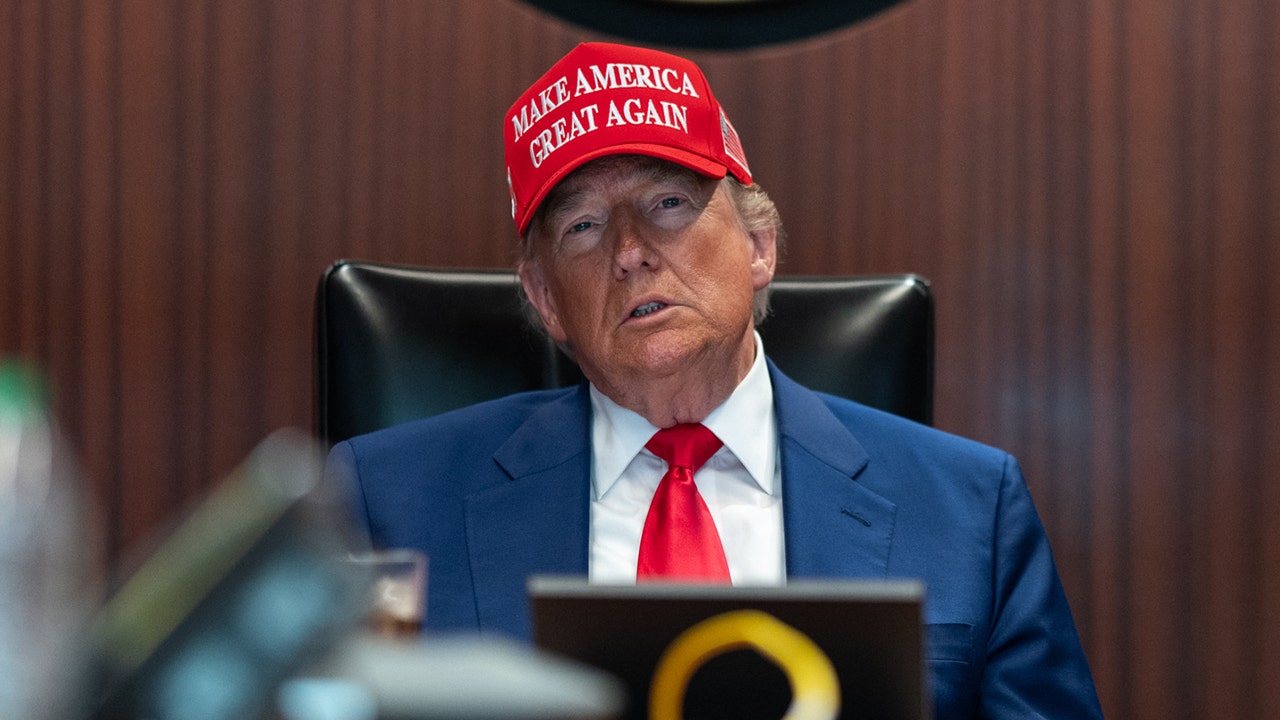
 Politics1 week ago
Politics1 week agoTrump slams Bibi over ceasefire violations, denounces cable channels over skepticism
-
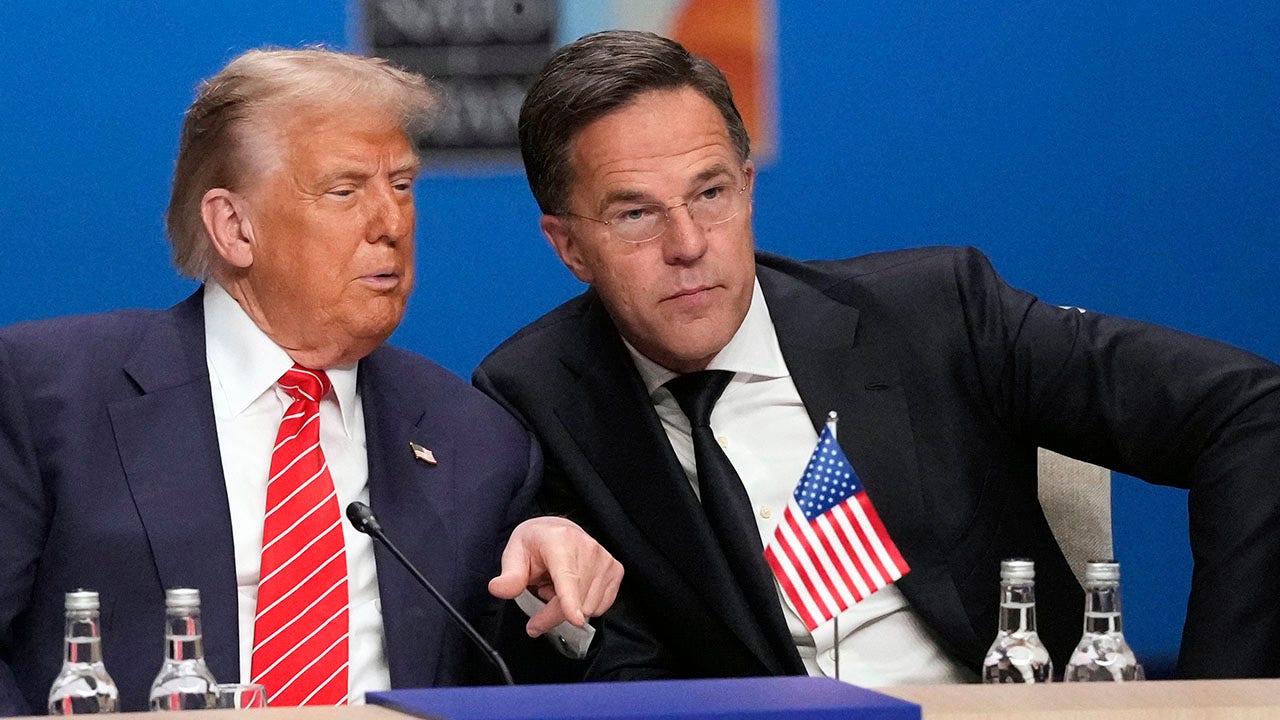
 Politics1 week ago
Politics1 week agoWhite House drops 'Daddy's Home' meme after viral NATO summit moment
-
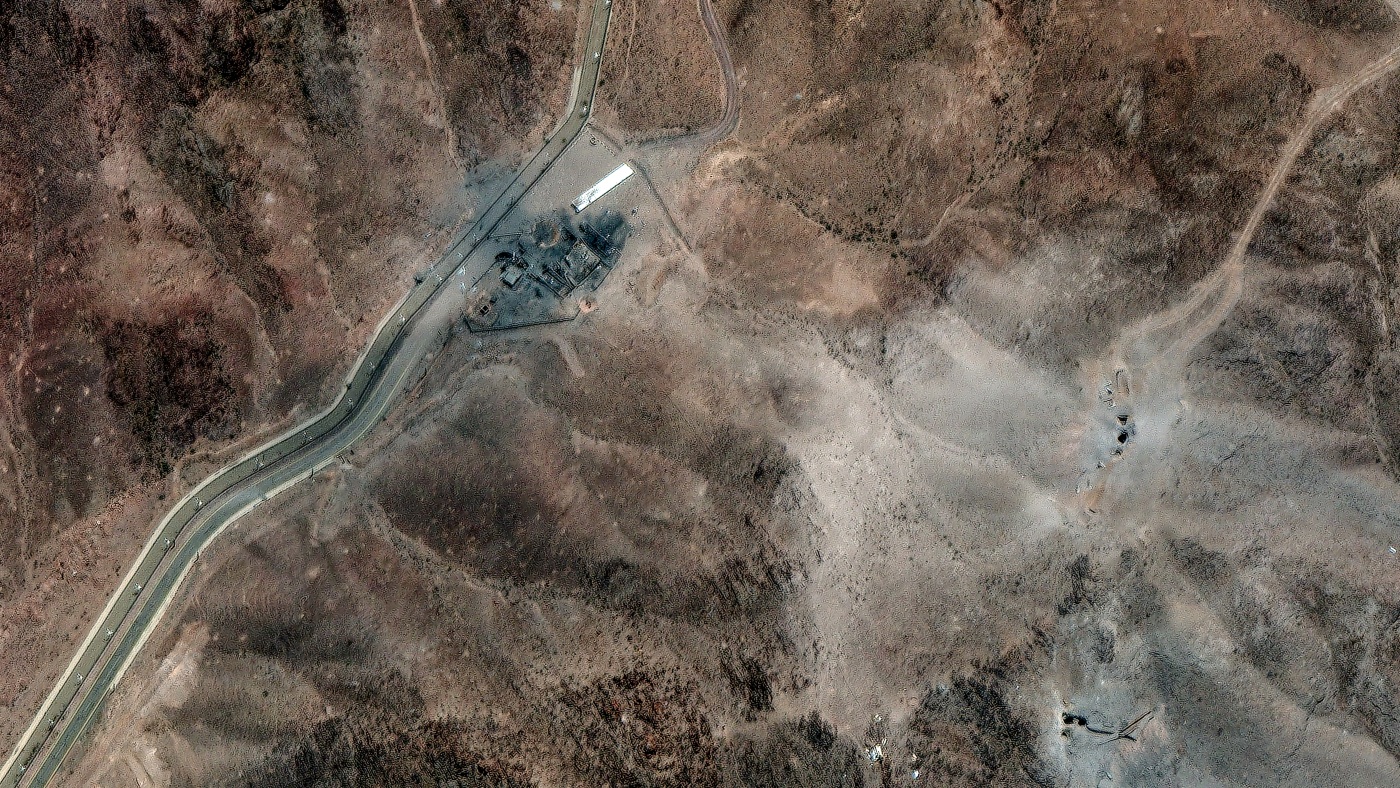
 News1 week ago
News1 week agoEarly intel assessment says Iran's nuclear program was only set back 'a few months'
-

 Health1 week ago
Health1 week agoLizzo Reveals the Diet Change That Helped Her Lose Weight Without Ozempic
-
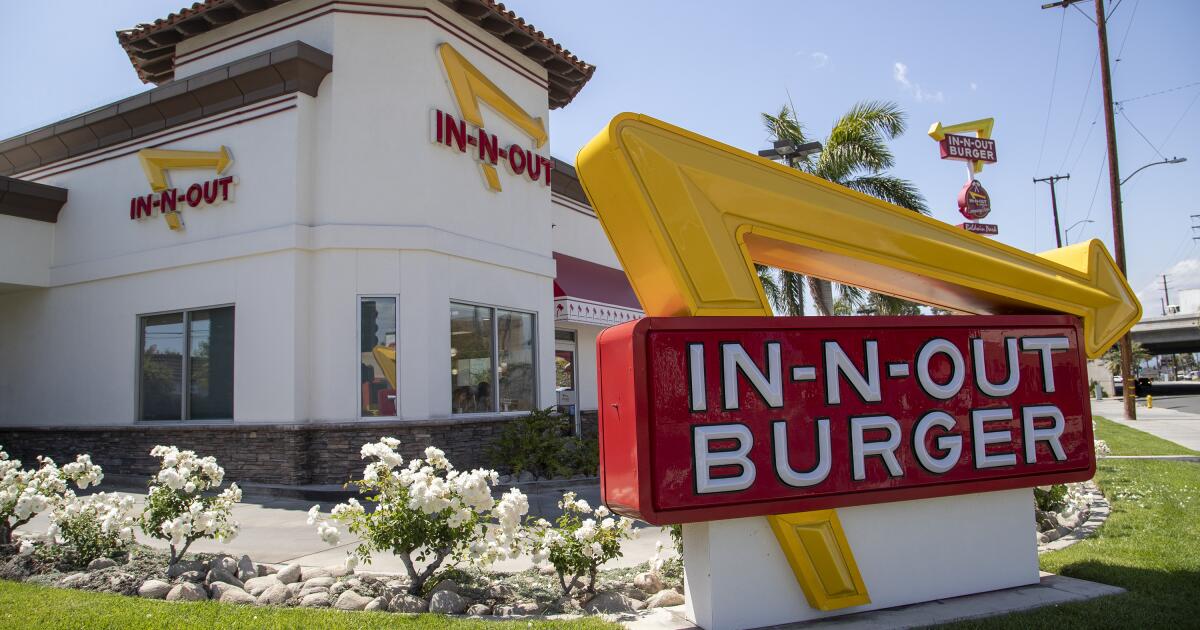
 Business1 week ago
Business1 week agoIn-N-Out sues YouTuber over fake employee prank video



